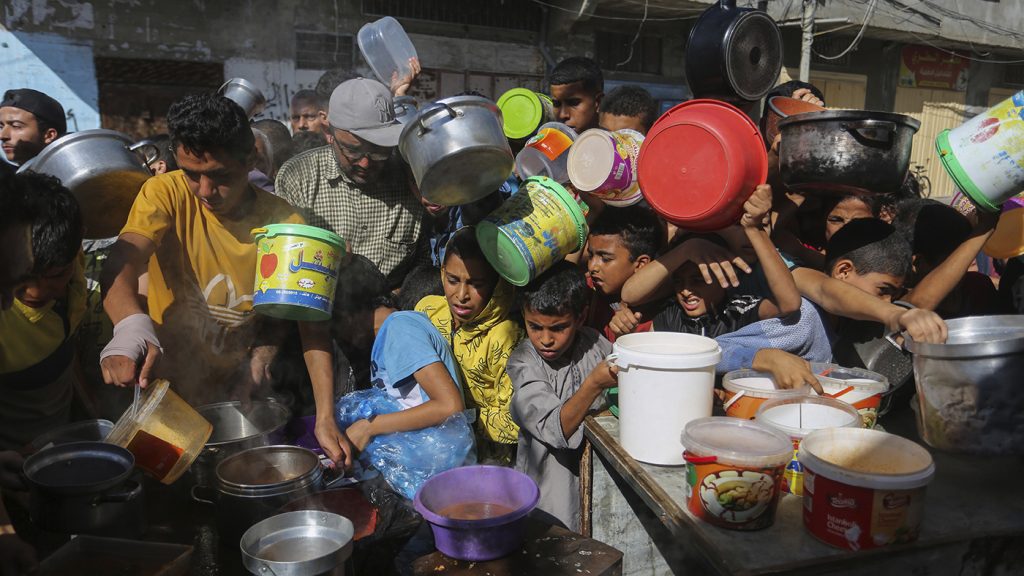The United Nations Security Council on Friday refused a resolution supported by the U.S. that demanded an immediate ceasefire in Gaza and the release of all hostages held by Hamas following objections from Russia and China.
The final vote on the resolution was 11 in favor, three against, and one abstaining.
The U.S. had previously blocked any calls for a ceasefire, making the resolution a significant change in position.
However, the proposal linked a ceasefire and humanitarian aid efforts in Gaza to the release of all hostages.
Russia's U.N. ambassador Vasily Nebenzya expressed worries about the resolution, stating it would hinder actions to secure a genuine and unconditional ceasefire.
“We will no longer tolerate pointless resolutions lacking a call for a ceasefire, which lead us to nowhere,” he stated. “This would free the hands of Israel and it would result in all of Gaza, its entire population, having to face destruction, devastation or expulsion.”
U.S. ambassador to the U.N. Linda Thomas-Greenfield mentioned that the resolution will apply pressure on Hamas to accept ongoing negotiations for a temporary ceasefire and hostage release.
“Every day without a deal means more needless suffering. This resolution will move us closer to securing that deal, and help us alleviate that suffering,” she stated. “This is a strong resolution — it’s the byproduct of exhaustive, inclusive negotiations. It reflects the consensus of this council.
“And it does more than just call for a ceasefire,” she added. “It helps to make that ceasefire possible. It would be a historic mistake for the council to not adopt this text.”
After the vote, Thomas-Greenfield criticized Russia and China for opposing the resolution, accusing them both of being “petty.”
“Russia and China simply did not want to vote for a resolution that was penned by the United States because it would rather see us fail than to see this council succeed,” she said, “even after inclusive consultations over weeks and weeks, even after negotiations and edits produced the draft that received overwhelming Council support.”
The U.S. has vetoed three previous resolutions before the Security Council that called for a ceasefire without any conditions such as the release of hostages.
Israel is waging a war against Hamas in retaliation for a an Oct. 7 attack that killed around 1,200 people. Another roughly 250 people were kidnapped, with 100 believed to still be alive in Gaza.
In Gaza, more than 31,000 people have died and the U.N. is warning of a famine in the north, which has been wrecked by the war. Israel has becoming increasingly isolated internationally over the war, and tensions are also flaring between its government led by Prime Minister Benjamin Netanyahu and Democrats in Washington.
Secretary of State Antony Blinken said this week that negotiations to secure a ceasefire are “getting closer” but noted there was still a bridge to reach.
Hamas wants to see a permanent ceasefire and an end to the war, but Israel is vowing to fight on until the Palestinian militant group is destroyed.









